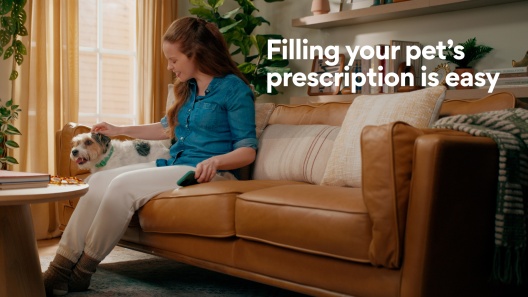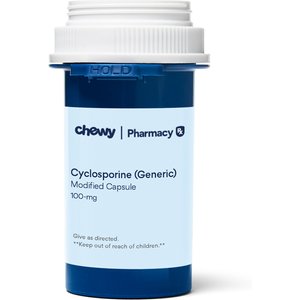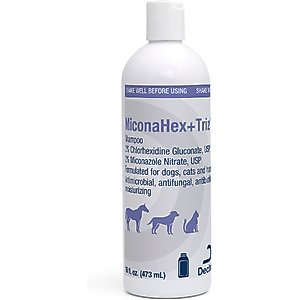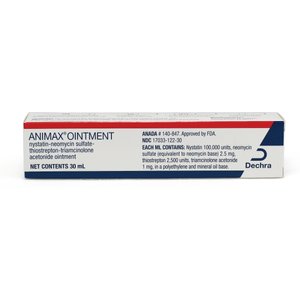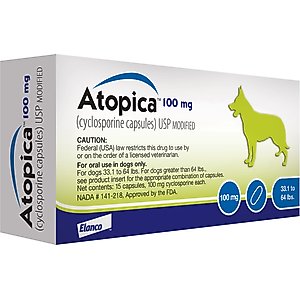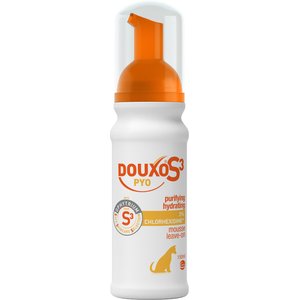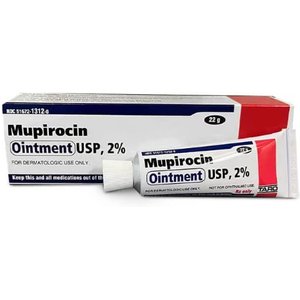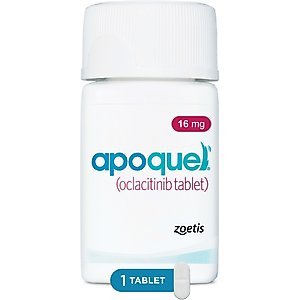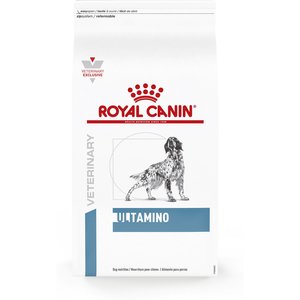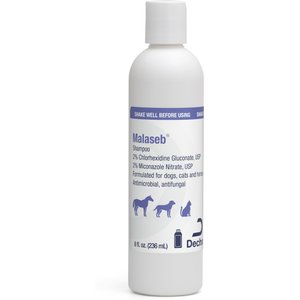Ketoconazole (Generic) Tablets, 200-mg, 1 tablet
By Ketoconazole
Prescription Required
Have a Chewy account?
Sign in to quickly add pet health details.
$0.44 First Time Autoship Price
this orderSave 35% (up to $20) today when you set up Autoship.
$0.65 Autoship Price
(-5%) future orders
Keep saving 5% on every order
Never miss a dose with easy refills
Skip, change, or cancel anytime
$0.68 Chewy Price
($0.68 /ea)
Promo, Save 20% on first Rx order with code RX20
Promo, New Customers Only: Spend $49+, Get $20 eGift Card + Free Shipping with code: WELCOME
In Stock
FREE delivery on first-time orders over $35
Usually arrives in 3-5 days
Prescription approval made easy
We’ll reach out to your vet clinic.
Tooltip Available
Medications ship separately. Delivery times may vary.
Tooltip Available
Frequently bought together
- Cyclosporine (Generic) Modified Capsules for Dogs, 100-mg, 1 capsule$1.86 Chewy Price$1.77 Autoship PricePromo, Save 20% On First Rx Order With Code: RX20 +1 deal
- Prescription Item
- DealMiconaHex+Triz Shampoo for Dogs & Cats, 16-fl oz bottle$45.32 Chewy Price$43.05 Autoship PricePromo, New Customers Only: Spend $49+, Get $20 eGift Card +2 deals
- Animax Ointment for Dogs & Cats, 30-mL$47.48 Chewy Price$45.11 Autoship PricePromo, Save 20% On First Rx Order With Code: RX20 +1 deal
- Prescription Item
- Atopica (Cyclosporine Modified) Capsules for Dogs, 100-mg, 15 capsules$121.29 Chewy Price$115.23 Autoship PricePromo, Save 20% On First Rx Order With Code: RX20 +1 deal
- Prescription Item
- Douxo S3 PYO Antiseptic Antifungal Chlorhexidine Dog Mousse, 5.1-oz bottle$25.99 Chewy Price$31.99 List Price$24.69 Autoship PricePromo, New Customers Only: Spend $49+, Get $20 eGift Card +1 deal
- Mupirocin (Generic) Ointment 2%, 22-gm tube$9.99 Chewy Price$9.49 Autoship PricePromo, Save 20% On First Rx Order With Code: RX20 +1 deal
- Prescription Item
- Apoquel (oclacitinib) Tablets for Dogs, 16-mg, 1 tablet$3.25 Chewy Price$3.09 Autoship PricePromo, Save 20% On First Rx Order With Code: RX20 +1 deal
- Prescription Item
- Royal Canin Veterinary Diet Adult Ultamino Dry Dog Food, 19.8-lb bag$138.99 Chewy Price$132.04 Autoship PricePromo, Buy select food, Get 20% off select supplements
- DealMalaseb Shampoo for Dogs, Cats & Horses, 8-fl oz bottle$28.54 Chewy Price$27.11 Autoship PricePromo, New Customers Only: Spend $49+, Get $20 eGift Card +2 deals
- Cefpodoxime Proxetil (Generic) Tablets for Dogs, 200-mg, 1 tablet$1.50 Chewy Price$1.42 Autoship PricePromo, Save 20% On First Rx Order With Code: RX20 +1 deal
- Prescription Item
- DealMiconaHex+Triz Mousse for Dogs & Cats, 7.1-oz bottle$28.84 Chewy Price$35.52 List Price$27.40 Autoship PricePromo, New Customers Only: Spend $49+, Get $20 eGift Card +2 deals
- Douxo S3 PYO Antiseptic Antifungal Chlorhexidine Dog & Cat Shampoo, 16.9-oz bottle$40.99 Chewy Price$43.99 List Price$38.94 Autoship PricePromo, New Customers Only: Spend $49+, Get $20 eGift Card
